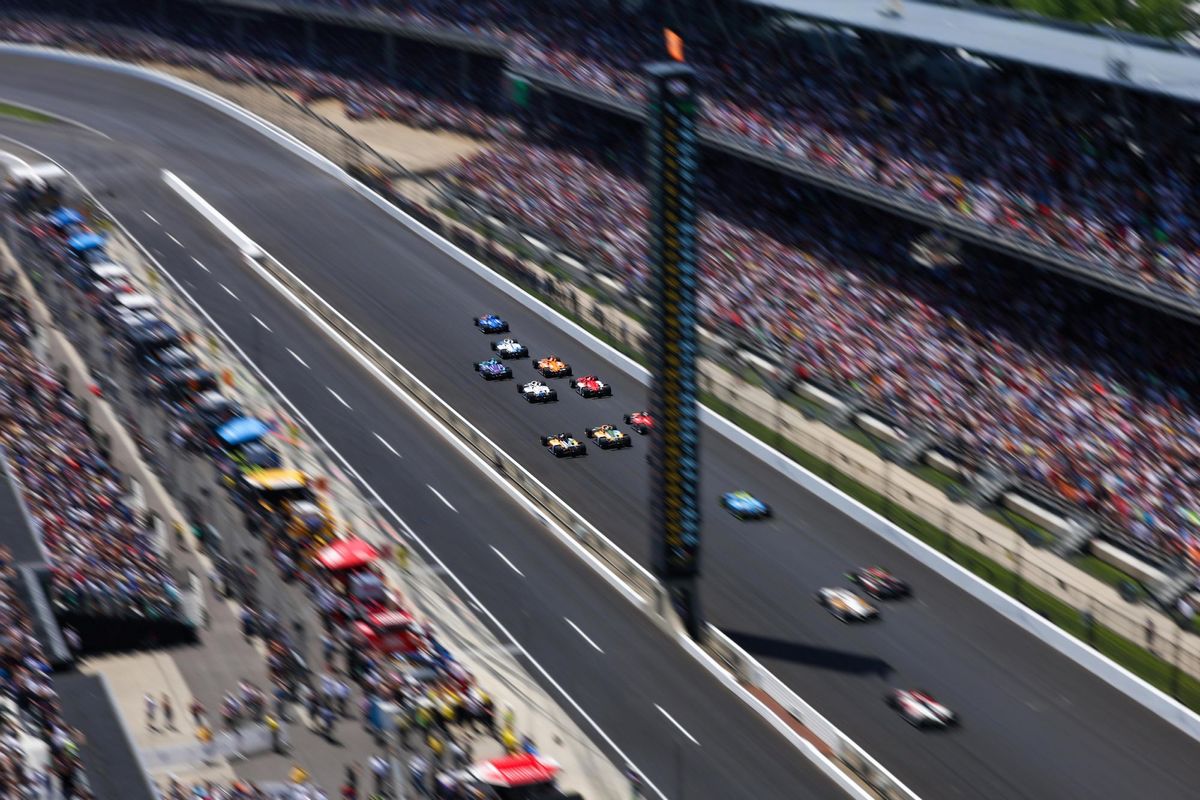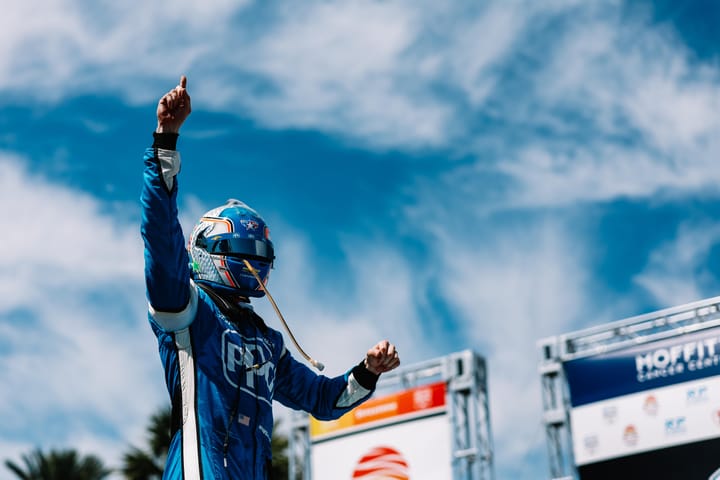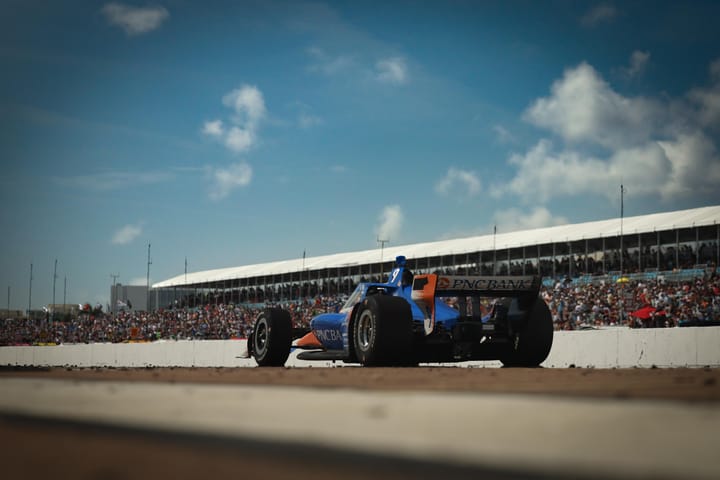IndyCar news roundup: Jan. 3
The month of December generated headlines and controversy for the NTT IndyCar Series. From sim racing to silly season news to hybrid engine developments, here's a primer on all that happened in IndyCar to close out 2022.

The month of December generated headlines and controversy for the NTT IndyCar Series. From sim racing to silly season news to hybrid engine developments, here's a primer on all that happened in IndyCar to close out 2022.
Marcus Armstrong joins Chip Ganassi Racing
New Zealand-born Marcus Armstrong agreed to join Chip Ganassi Racing's #11 car on road and street courses for 2023.
Armstrong, a four-time Formula 2 winner, will join the car formerly driven by Jimmie Johnson, who returned to NASCAR on as an owner and part-time driver this offseason. Armstrong's partner for oval races has yet to be confirmed.
IndyCar announces hybrid plans, cancels new engine
IndyCar announced in early December it would not implement new 2.4L V6 engines in 2024. The engines, which were expected to generate an additional 200 horsepower, were in development for years by both Honda and Chevrolet before plans were halted.
Racer.com's Marshall Pruett speculated the decision was due to IndyCar's inability to land a third engine manufacturer, which without the series may not have had enough engines and support for a full field of cars.
Instead, the series will introduce a hybrid engine component for 2024. German auto giant MAHLE will supply a compact and efficient energy recovery system which fits neatly into the existing IndyCar body beginning with the 2024 season.
The system will serve as the source of the push-to-pass functionality on road and street courses, and development and discovery are ongoing.
Major IndyCar marketing boost planned, Vice-produced docu-series announced
IndyCar CEO Mark Miles confirmed to Racer.com that the series is planning a significant budget increase for its marketing efforts in 2023. In addition, the series landed a long awaited docu-series to premiere in the new year.
The marketing budget increase comes as IndyCar looks for a new vice president of marketing to tackle the needs of the growing series, which will include expanded efforts on social media, traditional media and from PR firms, among other strategies.
The docu-series, 100 Days to Indy, will follow teams as they prepare for the new season and compete in the first few races of the season, leading up to and including the 107th Indianapolis 500 this May.
The series will air on the CW, and will be produced by the groundbreaking and Emmy-winning Vice Media Group. The CW is the nation's fifth largest broadcast network, and has a younger demographic with shows like The Flash and Riverdale.
Licensing drama strips IndyCar name from iRacing
In response to licensing changes in sim racing and video gaming, the IndyCar name was officially removed from popular service iRacing on January 1.
IndyCar signed an exclusive licensing contract with Motorsport Games in 2021 as it sought a new official video game license. The exclusive contract means iRacing will continue to use the Dallara-IR18, but only in a series it now calls "U.S. Open Wheel," and will no longer include official tracks.
Streaming online races with the Dallara-IR18 is also not permitted on iRacing. Also gone is the officially sanctioned iRacing Indy 500, one of the largest events for the service each year.
“We also remain confident our partnership with Motorsport Games will produce an engaging, realistic and enjoyable title feature for the NTT IndyCar Series," IndyCar said in a statement. "Ultimately, 2023 will produce the first IndyCar-centric video game in nearly a decade while maintaining a presence for the sport in iRacing and beyond.”
rFactor 2, a competing racing simulator, is owned by Motorsport Games and continues to severe officially branded IndyCar content to its users.




Comments ()